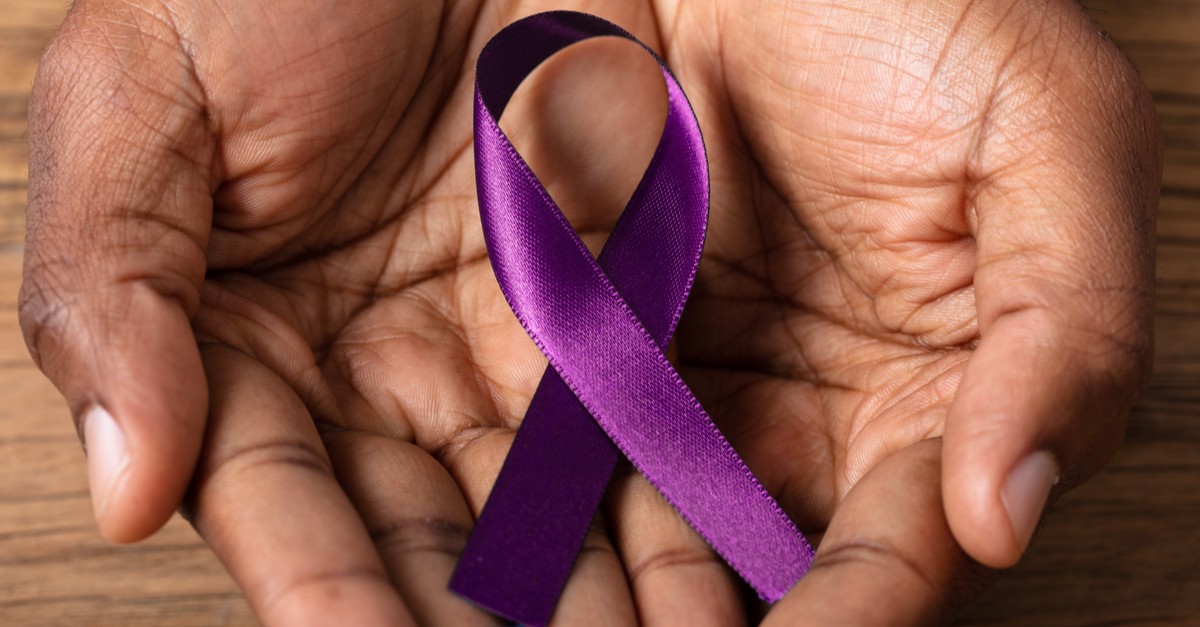
By Allison B. Reiss, M.D.
One of the most compelling challenges of our time is the increasing number of people being diagnosed with Alzheimer’s disease (AD). As the elderly population expands, AD takes a huge toll on society, families and our health-care systems. There is no cure for AD and it leads inevitably to greater and greater loss of brain function and memory. New treatments are urgently needed since current AD therapies offer only minimal benefits and do not stop nerve cells from dying or repair brain damage. Under the microscope, AD is characterized by the appearance in the brain of two abnormal proteins: amyloid-beta and tau.
Many drug companies have developed antibodies of various kinds designed to clear these proteins from the brain in the hope that this would improve symptoms and slow the progression of AD. Unfortunately, while this approach works in animal models, it does not work in humans where the disease is much more complicated. The latest drug to reduce beta-amyloid in the brain is aducanumab. This antibody was approved by the FDA under an accelerated approval pathway, but its effectiveness is being seriously questioned and it comes with potential serious side effects, high cost and the need for monitoring with MRI scans.
Listen to an interview with Allison B. Reiss, MD on “Living Well With Alzheimer’s Disease” below:
Despite all of these issues, there is a lot that we know about AD and we are learning more every day. As a researcher with years of experience in the field, I strongly believe that real progress is coming. In order to protect the brain, it is best to take action early and new tests using blood and saliva are making it easier to find people who are vulnerable to AD before they show symptoms. This is important if we want to change the course of the disease and avoid its worst outcomes.
Scientists all over the globe are exploring new ways to approach AD. As we accept the idea that the proteins that build up in the brain in AD are not a cause, but a result of the damage, we can shift our focus to the earlier processes where we can interfere with the expanding snowball of injury before it is too late. The Alzheimer’s Foundation of America (AFA) will host a free virtual Alzheimer’s educational conference for New York and New Jersey residents on Tuesday, October 19, from 10:00 a.m. to 12:30 p.m. EST as part of its 2021 national Educating America Tour. The conference, which is free and open to everyone, will allow participants to learn from, and ask questions of, health, caregiving and long-term care experts. To register, go to www.alzfdn.org/tour.
In my talk, I will describe some of the cutting edge investigations that are taking place. I am hopeful that we can get scientists and clinicians to work together toward a breakthrough that I think will come from studies of the difference between healthy and AD brain cells at a molecular level. Then we can find out what makes the AD nerve cells stray off the healthy path and devise corrective therapies. I will also cover the key things we can do to preserve our brain health through the years. A healthy lifestyle with good nutrition, regular exercise, social interaction and control of blood pressure can make a real difference that cannot be matched by any pill. Do not underestimate your own power to take charge of your health. I am so excited to share the prospects for better times ahead for AD patients and their loved ones.

